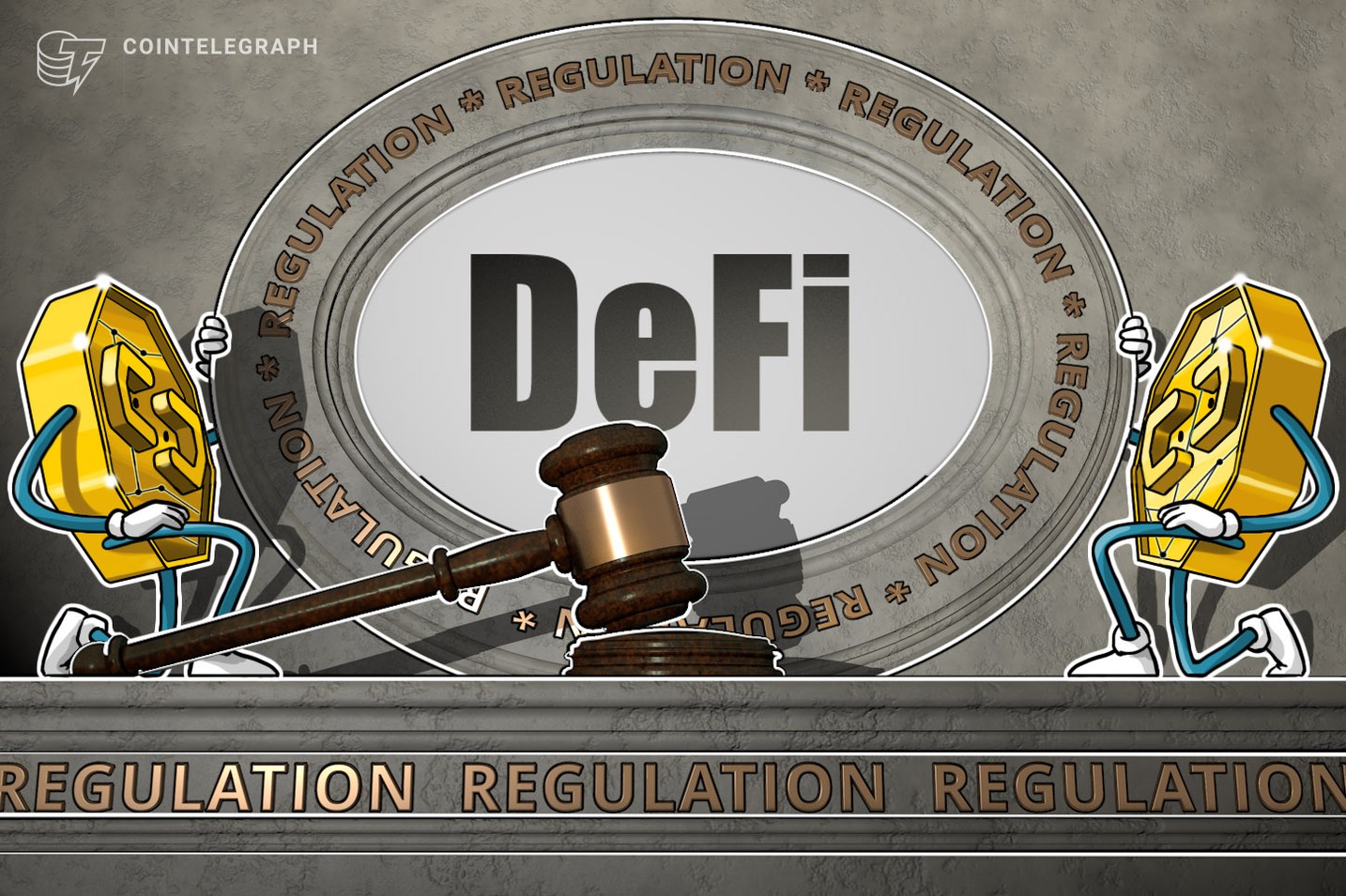Web3 professional Agne Linge said that for broader DeFi adoption, regulations must catch up to make people feel safe.
2078 Total views
1 Total shares

While decentralized finance (DeFi) technology is advancing within the Web3 space, a crypto executive said the sector still has a long way to go.
At the recent Binance Blockchain Week in Dubai, Agne Linge, a former director of Binance Lithuania who now works with Web3 projects WeFi and Yellow Network, told Cointelegraph that while regulations in jurisdictions like Europe have addressed centralized exchanges and wallet providers, DeFi remains largely “out of scope.”
Linge said for DeFi to achieve broader adoption, industry regulations must be deployed. Linge told Cointelegraph:
“If you want adoption, we need regulation. We need people to feel safe and to trust the institutions. With what happened in the crypto industry, I think we still have some reputational work to do.”
Linge praised regulators for “weeding out” bad actors in the ecosystem and trying to understand the technology, but emphasized that DeFi also needs attention.
DeFi not “totally” decentralized
While some in the crypto community say DeFi should operate without regulation, Linge has a different view. The executive said that even decentralized autonomous organization (DAO) members may be held legally accountable. She said:
“This is not true. I mean, even a DAO. If you are a DAO, then all of the DAO members can be legally liable.”
According to Linge, the space needs regulation because it’s “not totally decentralized.” Linge said that DeFi still has people signing contracts, on and off-ramp providers and other variables that would benefit from regulatory clarity.
Cointelegraph reporter Ezra Reguerra with Agne Linge at the Binance Blockchain Week in Dubai. Source: Cointelegraph
Related: A truly decentralized system would decentralize authority — Cardano exec
The case for DeFi adoption
When asked about DeFi’s potential for wider adoption, Linge said that because DeFi places finance on a decentralized blockchain, it could reduce reliance on centralized options:
“With the tools that we have, everything is widespread and globally connected, why would we use centralized solutions? I mean, this will provide more efficient interaction and integration to everything.”
She added that while DeFi is currently in its own niche, it will eventually take another shape or form. “Maybe not completely like autonomous. There will be persons responsible like legal entities, but in general, the infrastructure is only for the benefit of this globally interconnected world,” Linge said.
Magazine: Real life yield farming: How tokenization is transforming lives in Africa
